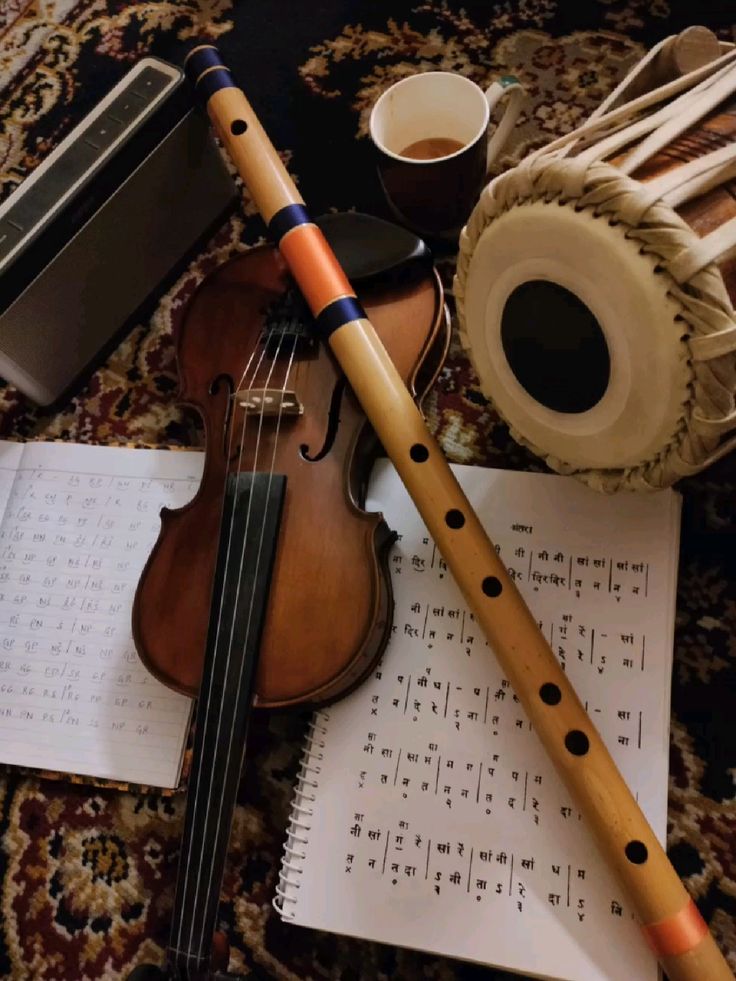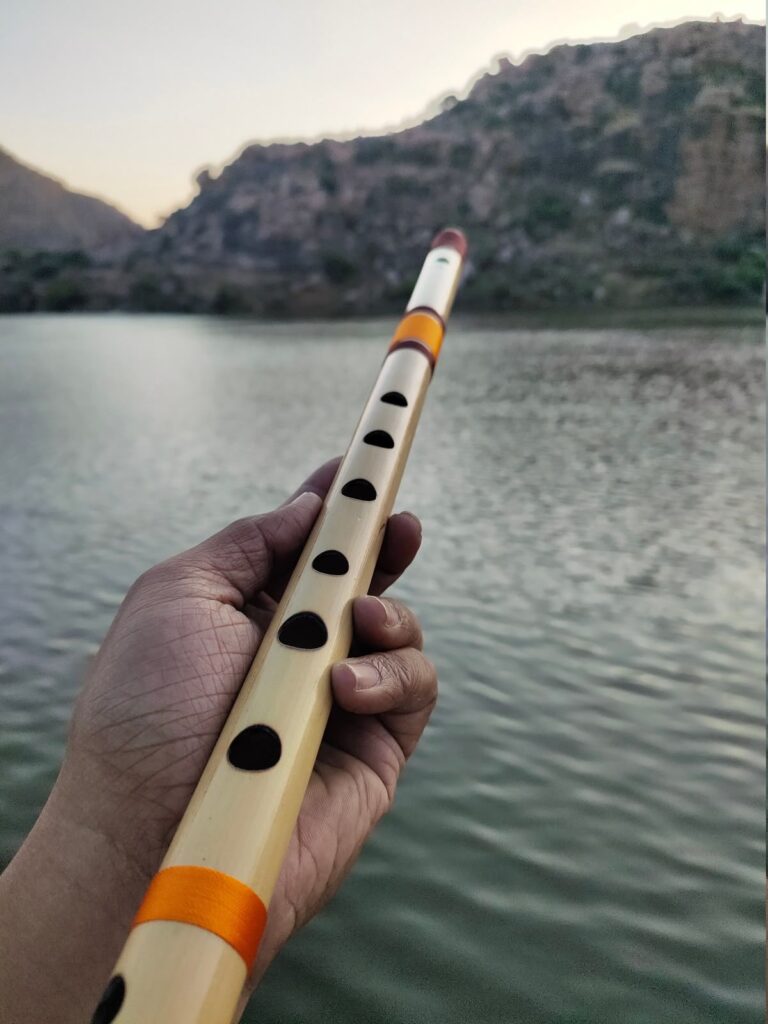Music has always been a part of India’s soul, and it has shaped emotions, culture, and spiritual life for thousands of years. Moreover, it goes far beyond entertainment—it speaks the language of emotions, strengthens spiritual connections, and nurtures inner balance. Indian Music Therapy draws from this ancient wisdom while applying it in modern healing practices. At UNCCN, music therapist Vaibhav Sontakke blends traditional raga therapy with flute therapy to help people experience calm, focus, and well-being in today’s busy world.
What is Indian Music Therapy?

Indian Music Therapy uses Indian classical music in a structured, intentional, and scientific way. Unlike Western music therapy, it relies on centuries-old ragas, each carrying a unique mood, energy, and healing effect.
In fact, ragas are linked to specific times of day, emotions, and even seasons. For example:
Morning ragas awaken the senses and boost positivity.
Afternoon ragas improve focus and mental clarity.
Evening ragas relax the mind and encourage peaceful rest.
Seasonal ragas harmonize your energy with nature.
Because this approach aligns a person’s mind and body with natural rhythms, it encourages deep emotional and physical harmony.
Vaibhav Sontakke’s Special Approach
Vaibhav Sontakke blends ancient musical traditions with modern therapeutic practices. His sessions go beyond passive listening—clients participate through breathing exercises, mindful listening, and guided visualization.
He studies each client’s mental state, emotional needs, and health goals before selecting specific ragas and flute compositions. This personalized method ensures that every session addresses the individual’s unique needs.

Raga Therapy – Healing Through Melodic Structures
Raga therapy forms the core of Indian Music Therapy at UNCCN. A raga is more than just a melody; rather, it is a precise arrangement of notes that produces vibrations affecting both mind and body.
For instance:
Raga Bhairav grounds the listener and eases anxiety.
Raga Desh uplifts mood and encourages joy.
Raga Yaman promotes relaxation and mental clarity.
Because these vibrations interact with brainwave patterns, they trigger chemical changes that lift mood, lower stress, and improve emotional stability.
Flute Therapy – Soothing the Mind and Body

The bansuri, or Indian bamboo flute, has a serene and meditative tone. In flute therapy, Vaibhav uses slow, sustained notes that calm the nervous system. Furthermore, studies show that the gentle sound of the flute reduces blood pressure, slows the heart rate, and eases muscular tension.
When clients practice mindful listening, they often enter a meditative state. Consequently, this state boosts immunity, releases stress, and deepens emotional well-being.
Benefits of Indian Music Therapy
Because it works on the mind, body, and emotions together, Indian Music Therapy offers a wide range of benefits:
Reduces stress and anxiety by lowering cortisol levels.
Improves sleep quality for those with insomnia.
Sharpens focus and memory for better work or study performance.
Balances emotions during mood swings or depression.
Relieves chronic pain through deep relaxation.
Strengthens spiritual connection and self-awareness.
Additionally, it supports medical treatment for conditions such as hypertension, PTSD, and ADHD, making it a natural partner to conventional care.
Why Choose UNCCN for Indian Music Therapy?
At UNCCN, the focus is on culturally authentic and scientifically supported music therapy. Therefore, clients benefit from:
-
Personalized healing plans based on individual needs.
-
A balanced combination of raga and flute therapy.
-
A calm environment designed for emotional growth.
-
Integration with meditation and breathwork for deeper results.
Whether you want to reduce stress, improve focus, or explore holistic healing, UNCCN offers an effective and compassionate approach.

 Call Us: +91 8369064538
Call Us: +91 8369064538 Website:
Website: